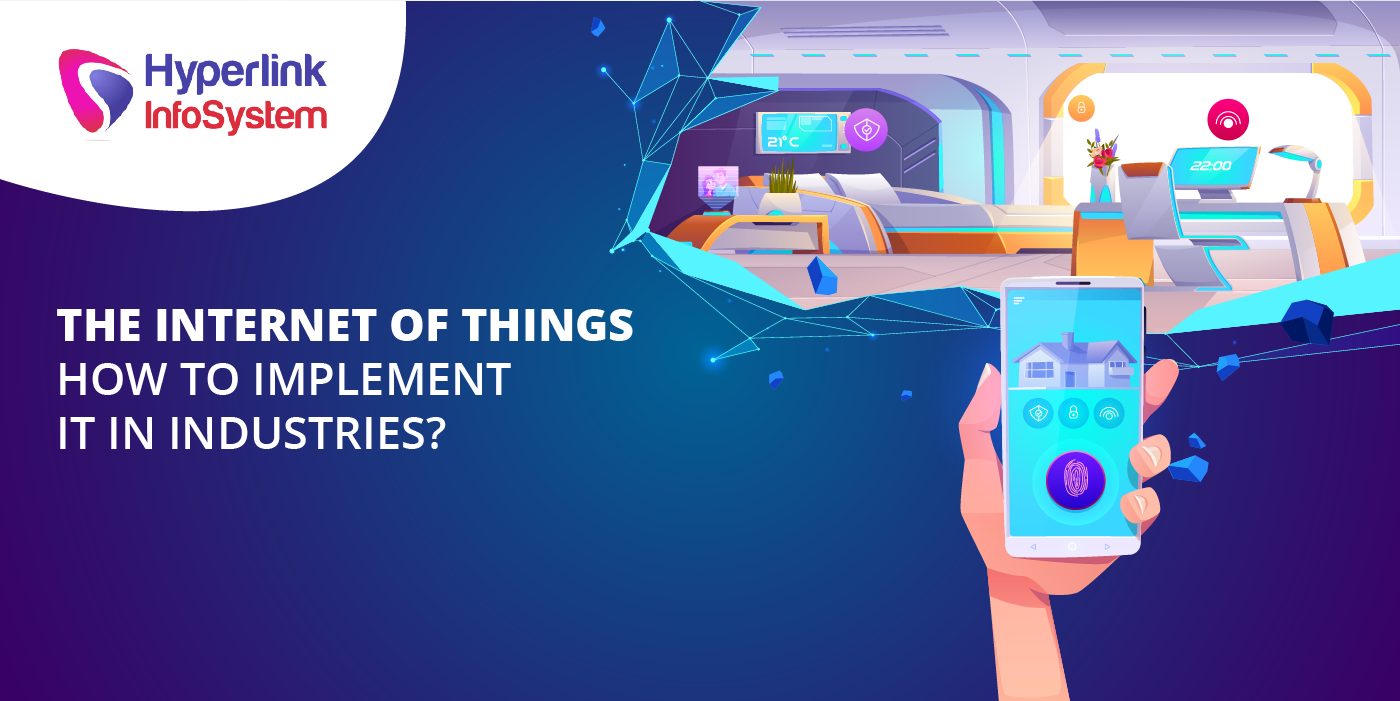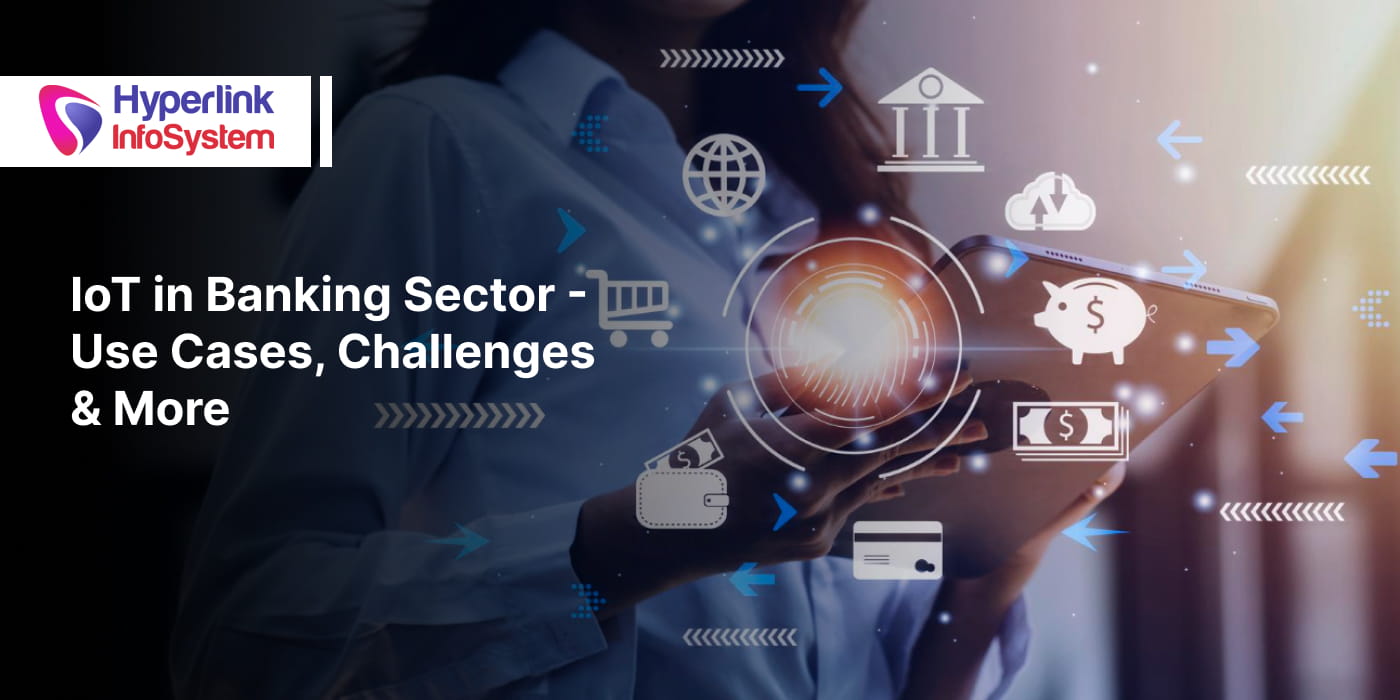The Internet of things is one of the key technologies to revolutionize not only life; but the competitiveness of companies of any size and sector.
There are numerous benefits that IoT offers both in the industry and to individuals. Among the most relevant benefits that this innovative technology can offer us include:
• Greater efficiency in the productivity of an organization: IoT allows the automation of production processes, real-time product monitoring, and managing many operations remotely.
• Improves productivity in the workforce: Due to its connectivity capabilities, this technology has allowed employees to improve their decision making, automate their routine activities, and communicate more efficiently.
• Renew the customer experience: Due to its capabilities to generate information in real-time, companies can offer a much more elaborate product and focused on their customer group.
• Improves connectivity and security on devices: The IoT offers an ideal platform that allows you to manage the connectivity and security of the device better.
How to implement the Internet of things?
The Internet of things requires, as the name implies: things (devices) connected to the Internet that can share essential information for the company's processes through software (applications) designed specifically for the field and process where you will work.
App developers can help businesses design mobile apps that are well suited to their business operations.
The power behind transforming the data into useful information is in cloud computing. This works like the central one, and needs analysis and storage power, taking advantage of the complete monitoring, the wide range of devices, and business connectivity.
One of the best-known examples is in the transport sector, in which, through geolocation, routes and delivery times can be programmed, while being monitored remotely.
On the one hand, you can schedule the exact deliveries per day, track the merchandise in real-time, optimizing the times, and reducing costs. And on the other hand, the user experience also improves.
According to a study published by
Business Insider, it is estimated that 5.4 million devices will be used in the energy sector to extract oil. There will be 220 million vehicles connected on the road and that 75 million devices will give information to farmers to improve the yield of their crops. And this is only a small part of the potential behind the Internet of things.
Internet of things: How does it work?
The manufacturing, retail, logistics, defense, tourism, security, health, and sports sectors, among others, are already implementing IoT solutions. They are changing the core of their business to be successful and transform digitally.
These are some examples in the implementation of the Internet of Things in different areas, which are available 24/7 offering real-time visualization, protection, productivity, and sustainability:
Control Remotely
In agriculture, you can monitor crops, know the condition of the environments to determine if adjustments (temperature, humidity, among others) are required to improve the quality of the product without the intervention of workers in the place.
In the oil industry, the international contractor Songa Offshore makes IoT data operational in its drilling rigs through the implementation of connected devices, which transmit the readings and allow creating a base for the planning and optimization of the maintenance activities in all its platforms.
Intelligent Vehicle Management
Fleet tracking solutions go well beyond geolocation. Devices have also been developed with security and products tracking in mind, such as padlocks or smart locks, to find out when the door of a cargo vehicle is opened or closed.
Environment
Sensors have been installed in rivers to measure the increase of its flow and thus prevent disasters.
The Internet of Things has been labeled "the next Industrial Revolution" because its impact is such that the way people live, work, entertain, and travel is changing, and also how governments interact with the world.
While it has never been so easy to create new businesses thanks to tools and connectivity; It is also true that it has never been so difficult to be competitive. Ask yourself:
• How is your company taking advantage of these opportunities?
• What kind of tools is facilitating productivity?
• What can you do to improve?
• How to make your processes simpler?
Sectors leading the implementation of IoT
While this technology is having a huge positive impact in many sectors, there are 3 of them leading its implementation. These are:
• Manufacturing: Due to the new
M2M communication technology, numerous factories have managed to boost their production. This thanks to the automation methods that allow us to anticipate and prevent equipment failures.
• Transport: Many transport systems make use of thousands of IoT sensors, which practically make it possible to optimize everything from performance, provisioning, and maintenance of engines to supply chains.
• Automotive: Numerous car manufacturers have been using this technology to help prevent accidents and offer location features. Now, with the emergence of machine learning, these manufacturers have begun to offer autonomous cars.

























